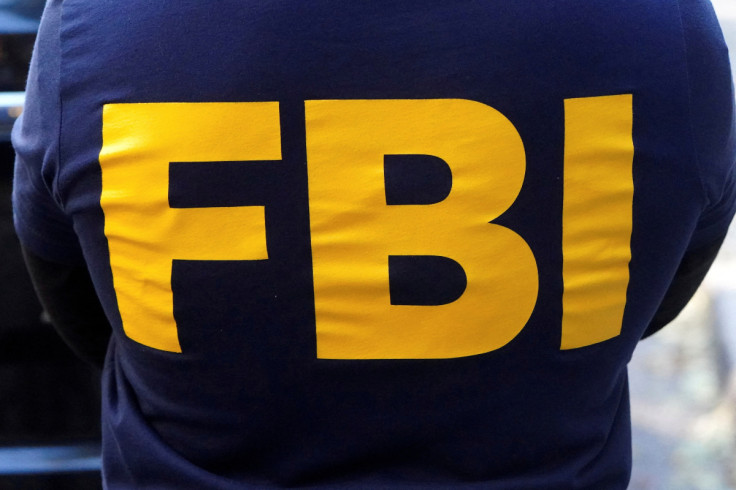What Does FBI's Warning Against Using Public Chargers Mean For Your Security And Privacy?
The FBI has advised people against public chargers, particularly in locations such as airports, hotels and shopping malls.
Taking to Twitter, FBI Denver said bad actors have figured out ways to use USB ports to introduce malware and monitoring software in your mobile device. The term "public charger" refers to a wall outlet featuring an in-built USB-A or USB Type-C port.
The Federal Bureau further urged individuals to carry their own power adapter and data cable, and leverage power sockets to recharge their devices.
Avoid using free charging stations in airports, hotels or shopping centers. Bad actors have figured out ways to use public USB ports to introduce malware and monitoring software onto devices. Carry your own charger and USB cord and use an electrical outlet instead. pic.twitter.com/9T62SYen9T
— FBI Denver (@FBIDenver) April 6, 2023
Public USB ports have become a strategic entry point for malicious actors to introduce malware and monitoring software into devices, posing significant risks for those who make use of public chargers, according to the Bureau's findings.
Such malicious attacks could enable the installation of malware apps that may grant unauthorized access to sensitive services and pave the way for data and financial theft. Consequently, it is not recommended to employ pre-built USB ports or acquire charging cables from unfamiliar sources, lest such devices transmit data wirelessly to remote entities.
Previously in 2021, the Federal Communications Commission (FCC) issued an advisory regarding the potential threat of "juice jacking," where malicious software infiltrates consumer devices through compromised USB cables, exposing sensitive information such as usernames and passwords. The commission advises against using public stations with questionable security measures to safeguard against such risks, CNBC reported.

What is juice jacking?
Juice jacking refers to the fraudulent practice whereby cybercriminals gain unauthorized access to personal devices by intercepting data via a public charging station. These common charging stations, often found in parks, airports, coffee shops, internet cafes and libraries among other locations, present a significant risk to device security.
Once a phone or tablet is plugged into the public charging station, the user may be oblivious to the fact that their device is being infiltrated by malicious software, which could potentially leak sensitive data. Individuals must exercise due diligence when selecting their charging stations to ensure that their devices are not compromised by these nefarious agents.
What happens after your device gets hacked?
Upon successful infiltration via a compromised charger, the malware grants the hacker unfettered access to a plethora of sensitive data on your phone. The invasive software effectively puts the hacker in control of all applications and information contained in the device.
Such intrusion enables the hacker to read your text messages, access your contacts, monitor your online transactions and even gain unrestricted access to your bank account information - an unnerving thought for many. Moreover, even after disconnecting from the public charging station, the malware persists on your device, enabling the hacker to continue exploiting your confidential information.
Even your phone's camera stands at the hacker's disposal, allowing them to capture images of your surroundings and heightening concerns around privacy and security.
How to protect your device from getting compromised?
To safeguard against juice jacking, the most effective solution is to avoid using public charging stations altogether. Instead, consider investing in a reliable power bank that can be consistently charged. This way, when your phone or tablet runs out of battery, you can simply plug it into your power bank for a quick recharge.
If public charging stations are your only option, opt for a USB Data Blocker as a secondary defense strategy to prevent malicious attacks. This budget-friendly device resembles a flash drive and is conveniently inserted into your device's USB Port, and the charger is connected to the data blocker.

© Copyright IBTimes 2025. All rights reserved.





















